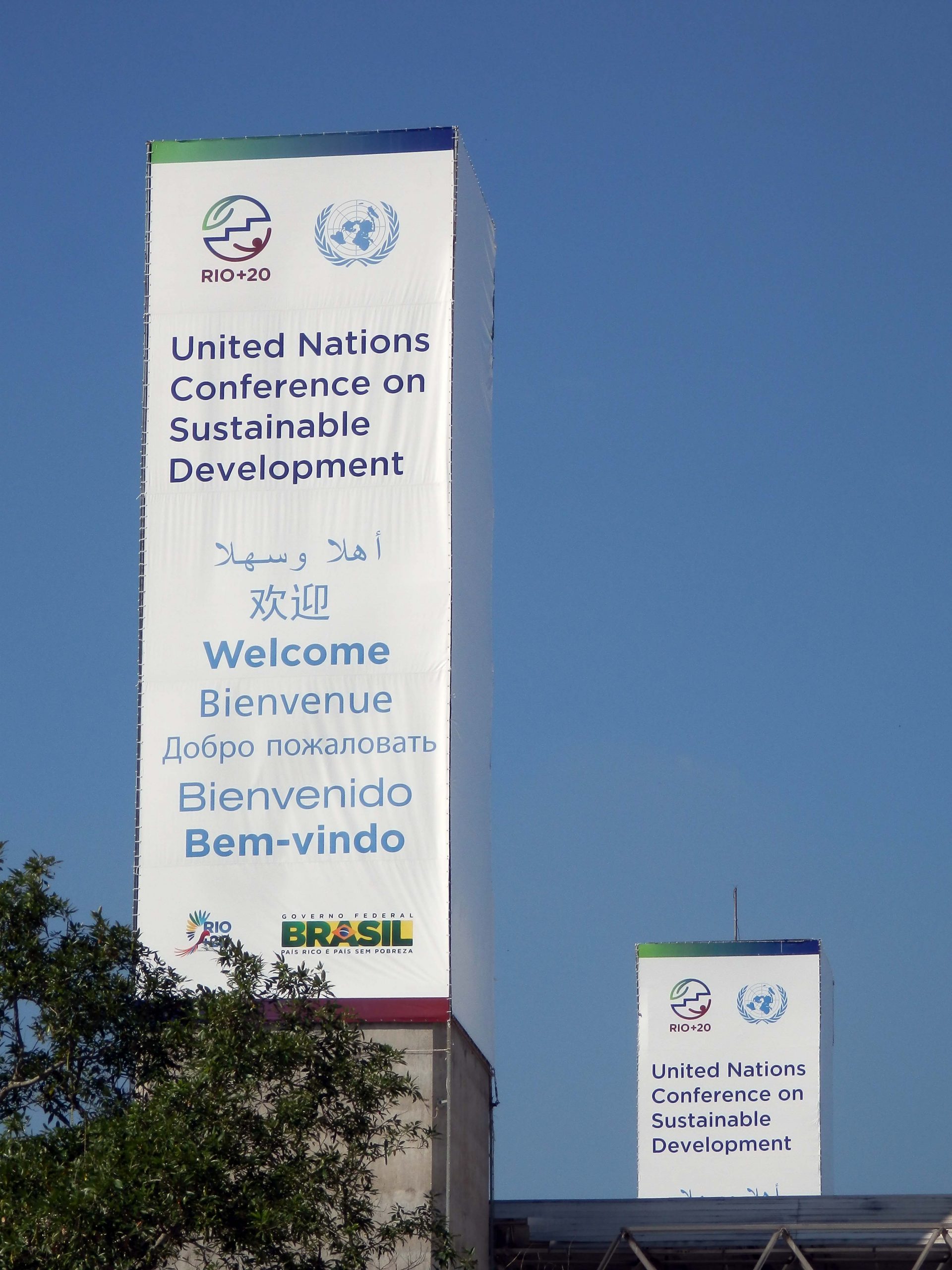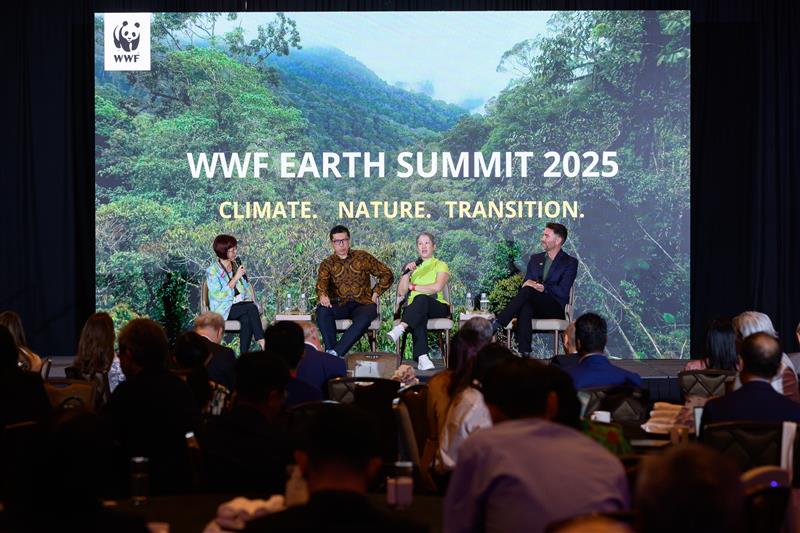World leaders have four days to hash out a sustainable development vision, which is rapidly disintegrating in the Rio+20 negotiations – and Mexico and Brazil hold the keys to breaking the current political deadlock.
Mexican President Felipe Calderon is hosting G20 leaders in Los Cabos to address global economic and financial stability – a crucial platform to determine how countries can move beyond the traditional and narrow way of measuring growth and stability by taking into account social and environmental factors.
“Shadowed by worsening ecological and financial crises, world leaders have the opportunity in Los Cabos to change the way we measure growth to better account for social and environmental wealth,” said Lasse Gustavsson, head of WWF’s Rio+20 delegation. “To be meaningful, these indicators must be clear and comparable at the international level.”
From Los Cabos, many G20 leaders will fly directly to Rio de Janeiro where, 20 years after the 1992 Rio Earth Summit, Brazil President Dilma Rousseff will host more than 120 Heads of States and governments. Negotiators in Rio are working – and currently failing – towards developing a common vision for a sustainable future.
“At this point, the G20 Summit and the Rio+20 Earth Summit are entirely intertwined – and the success of both processes rests on the skills of the Mexican and Brazilian leadership. Success at the G20 today would significantly invigorate the Rio+20 negotiations, where language on going beyond GDP and fossil fuel subsidy reform is on the table.”
Failure to move on these critical issues would also represent a missed opportunity to showcase the G20’s role as a responsible and constructive global actor.
Talks are presently uninspiring in Rio, focusing on process rather than substance, two years after first negotiations began on “the future we want”. One of the major outcomes of Rio+20 would be a credible and effective process to Sustainable Development Goals and the naming of key thematic areas now.
“Ultimately, we are in desperate need of a high-level political mandate to deliver a successful outcome in Rio+20 – and this discussion needs to start among world leaders at the G20 under the leadership of Mexico,” Gustavsson said.
An end to fossil Fuels subsidies
Three years ago at the Pittsburgh G20, Heads of State pledged to reform fossil fuels subsidies for the first time. Since then there has been little progress and no concrete action. WWF calls on the G20 leaders to commit to end environmentally harmful fossil fuel subsidies and redirect these funds towards renewable, sustainable solutions.
“World leaders coming to Rio need to show their support for sustainable development by phasing out harmful fossil fuel subsidies completely and investing in a more sustainable future” added Gustavsson. “We call on governments to now deliver on past pledges, with transparent reporting to quantify existing subsidies and progress to date, and an action plan with concrete dates to phase out harmful fossil fuel subsidies”.
Mobilising finance
WWF is also calling on G20 leaders to affirm pledges and innovative sources for sustainable development, including climate finance. In these difficult economic times, countries need to update public finances in an efficient way and this could include auctioning allowances or levies on emissions from the marine and aviation sector. These new forms of financing would activate financial flows and ensure additional income for governments while addressing key environmental issues. Just before the Rio+20 Conference opens, such a move would motivate decision-makers at Rio+20, showing there is scope for marshalling the resources necessary for sustainable development, even under current economic conditions.
For more information contact
Chris Chaplin, WWF International, cchaplin@wwf.sg, + 65 9826 3802















